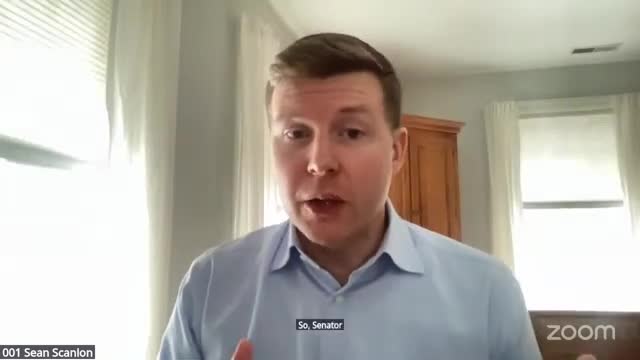Workers and advocates press for 45 wage‑and‑hour investigators; audit shows backlog
Get AI-powered insights, summaries, and transcripts
Subscribe
Summary
Dozens of workers, unions and community organizations urged the Labor Committee to fund more wage-and-hour investigators (HB 6843), citing a multi-month backlog, recurring large-scale wage-theft cases and millions recovered in past years.
Hartford — Unions, worker centers and dozens of affected workers told the Labor and Public Employees Committee that Connecticut’s Wage and Workplace Standards Division is understaffed and cannot investigate the volume of wage-theft claims that reach the department.
Union representatives, community‑based organizers and several workers gave firsthand testimony about cases that took months or years to resolve, citing a state auditors’ report that found large backlogs and long waits for case assignment. “Workers file complaints and then wait months without resolution,” said Ed Hawthorne of the Connecticut AFL‑CIO.
Why it matters: Wage theft — unpaid minimum wage, unpaid overtime, unpaid tips and misclassification — reduces worker incomes, depresses local spending and gives unscrupulous employers an unfair price advantage. Witnesses and documents cited during the hearing show that more investigators would produce faster recoveries for workers and better deterrence for bad actors.
Most important facts - Witnesses said the Department of Labor recovered about $3.4 million in unpaid wages in 2022; advocates said that figure undercounts uninvestigated claims. - The state auditors’ review noted a backlog in 2023 with hundreds of complaints unassigned and at least one case left pending for nearly a year; witnesses said staffing in that enforcement division has declined over the past decade and that many current investigators are covering heavy caseloads. - HB 6843 would require staged hiring to reach up to 45 wage‑and‑hour investigators by June 2026; witnesses said that level would allow case assignments within a reasonable timeframe and support proactive inspections and outreach.
What witnesses told the committee Construction union representative Miguel Fuentes and others documented large projects where owners, general contractors or labor brokers failed to pay wages, provided cash-only pay, or failed to carry workers’ compensation and payroll taxes. Worker‑center witnesses described individual cases where complaints took many months to be assigned and where employers closed or declared bankruptcy before wages could be collected.
Organizers and union leaders stressed enforcement’s economic benefits. “This is revenue positive work,” said Ed Hawthorne, meaning recoveries, fines and remediations frequently recoup money for workers — money that returns to local economies and reduces pressure on public assistance programs.
Department capacity and budget details Current staffing numbers cited at the hearing varied by witness, but multiple speakers said investigator head counts have fallen over the last decade; organizers and previous audit language referenced roughly 20 investigators or fewer assigned to field work in recent years. Advocates urged a return to historical staffing levels (40–45 investigators) and asked the legislature to appropriate funds in the next budget.
Bipartisan tone, appropriations hurdle Representatives and senators from both parties said the topic deserved action. Multiple members observed that the real test is in appropriations, where funding must be authorized. Representative Tim Ackert, newly assigned to Appropriations, said he would press for resources to reduce the backlog and expedite collection of owed wages.
Ending HB 6843 drew extensive public testimony and broad support from labor and community groups. Committee members asked for fiscal notes and workload analyses; advocates said they would continue to press appropriators to fund the hires so the department can both investigate claims promptly and perform routine inspections that deter violations.
